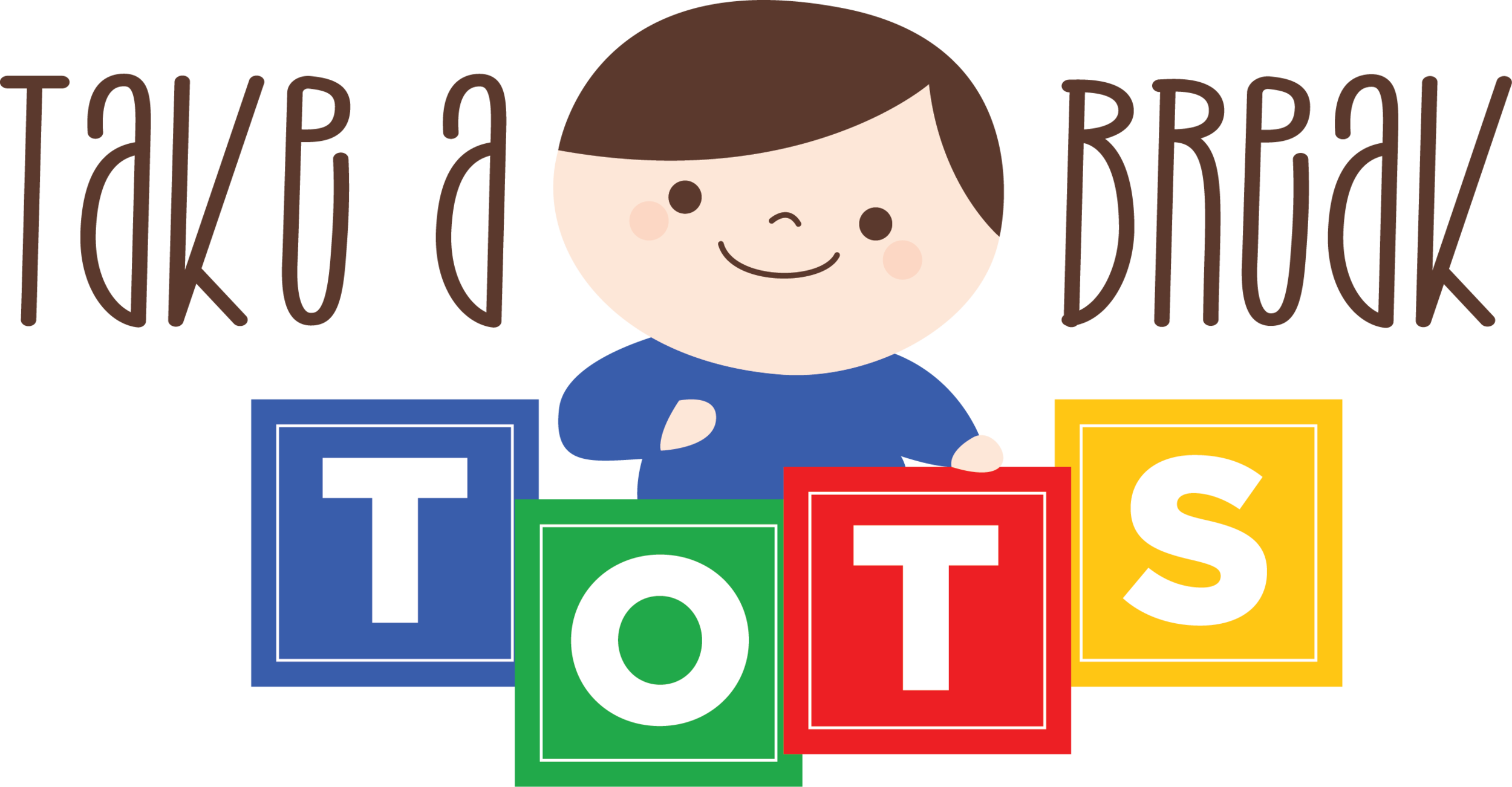Tantrums and Meltdowns
Disclaimer: there is SO much to talk about regarding tantrums/meltdowns. I’ll cover as much as I can, but please email me with questions or concerns. I imagine I will write another tantrum/meltdown blog in the future.
First of all, what’s the difference between a tantrum and a meltdown? It really just comes down to semantics; both generally mean the same thing. I’ve heard them differentiated this way:
a tantrum is emotional episode where the child is generally in control of herself, but whines, fusses, or acts out when things don’t go her way
a meltdown is an extreme emotional response where the child is out of control
The best approach for managing a tantrum is to ignore it. Do not reason or negotiate. Allow your child to pout, kick and scream, but carry on with what you are doing. When you talk to him or offer a peace treaty, you give the tantrum power and you will most definitely see more. The child either learns that he gets what he wants if he throws a tantrum and if you are inconsistent with your boundaries, tantrums can last longer and longer or turn into meltdowns.
Tantrums and meltdowns are a typical part of development. Kids will have them. Probably a lot and probably at the worst possible place or time. You are not a bad parent. Your child is not crazy. It. Is. Okay. The sooner you can accept this, the better.
Kids melt down because they are growing at an astronomical pace and experiencing so much each day. Everything is new and exciting – sometimes in a good way, sometimes not. Their brains desperately try to keep up and file away all of the new information and process the emotions that come with each new experience, but it’s basically impossible and incredibly overwhelming. One tiny, little, unexpected event can throw them into a complete tailspin and lead to emotional flooding.
When a child’s brain is flooded and he is in the thick of a meltdown, he is unable to access the logical side of his brain. He cannot remember that you told him this trip to the store was for looking only. He cannot remember that you told him if he kept his cool, you’d get ice cream after. He cannot remember the plan to take deep breaths when he starts to get worked up. And, most importantly, he cannot hear you begging him to please settle down or reminding him of all the aforementioned ideas. So, if you are faced with a meltdown, stop talking.
I know, I know. How do you make it STOP? It’s not easy and it will take time. Like I said before, meltdowns are going to happen. Even if you do everything “right,” your child will still have them. It’s okay. I do have some tips to help you through them.
Get safe. The most important thing to do is be sure you, your child, his/her siblings, and others are safe while the meltdown is happening. Some kids thrash, throw things, kick, bite, scream, etc so you want people out of the way. If you are in store, ditch the cart and take your child to the car. Wherever you are, the last thing your overwhelmed child needs is an audience.
Get set. YOU need to get calm. If you are worked up and overwhelmed by the situation, it will only exacerbate things and in your distressed state you will likely respond inappropriately. Get to the car, take some deep breaths, take a drink of water, whatever helps you calm down, do it. Your child can sense your mood and will feed off of your energy.
Get it together. The best thing you can do for your child when he is emotionally distressed, is be there for him. Tell him you are there and you’ll get through it together. Let the meltdown run its course. They tire out eventually. Sit next to your child and model calmness. Take deep breaths, sit still, have a neutral expression. Just be there. When everyone is calm, do not jump into the lesson. Your child (and you) has just experienced an incredible amount of stress and needs time to regroup. Get home safely if you’ve been out. Give him a hug or hold him. Grab your Take a Break Tote or gently guide the child to your Take a Break Space. Talk about the issue later, when everyone is calm, and there has been some time since the incident.
Tantrums and meltdowns are typical to a degree. If you have concerns that your child’s tantrums or meltdowns are outside the typical range, please email me! I’d love to help you!
Another great book for your library!
As an Amazon Associate I earn from qualifying purchases.


